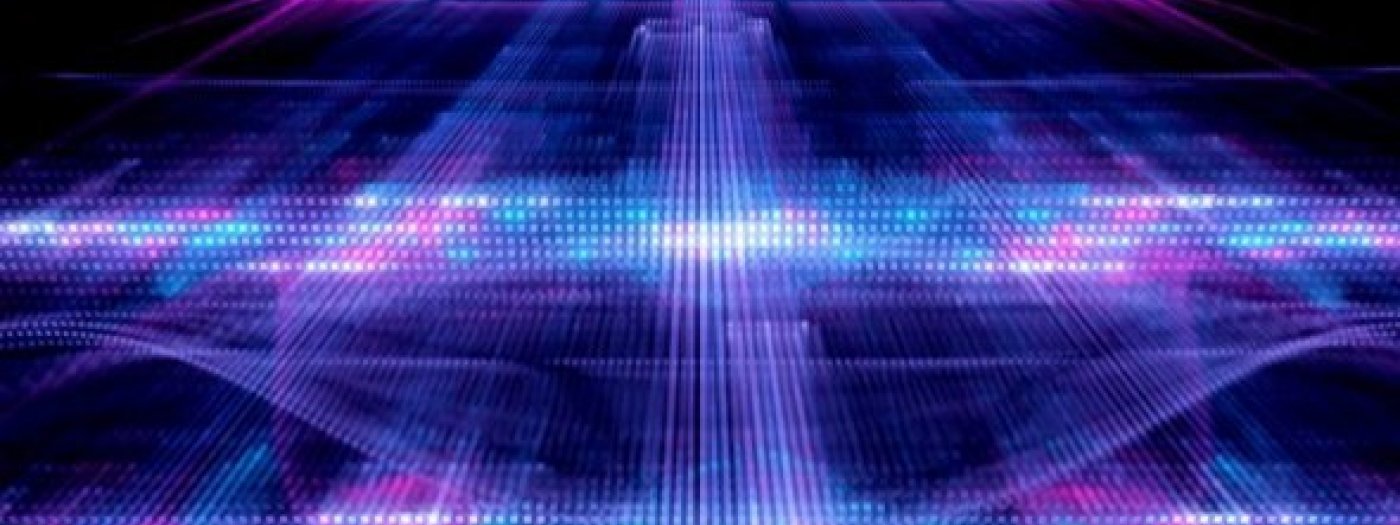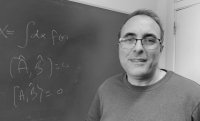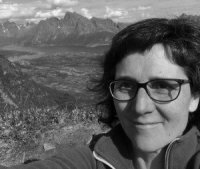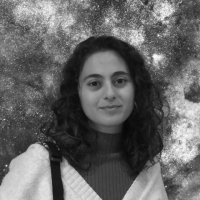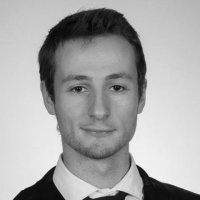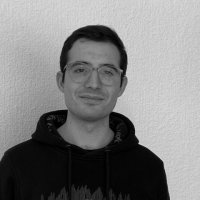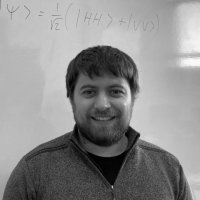Quantum Entanglement and Superposition: How Quantum Mechanics helps us understand our Universe
The aim of the project is to engage students in the fascinating world of quantum phenomena. Participants will explore the principles behind quantum entanglement and superposition from both theoretical and experimental viewpoints.
Quantum entanglement challenges classical intuitions about the nature of reality and holds significant implications for technology and fundamental physics. Entangled particles, even when separated by large distances, instantaneously influence each other's states. This phenomenon has potential applications in quantum computing, cryptography, and quantum communications. Understanding and harnessing quantum entanglement not only deepens our comprehension of quantum mechanics but also opens doors to revolutionary advancements in information processing and secure communication technologies.
Students will learn and experiment on the following topics:
- Introduction to basic mathematical concepts behind quantum mechanics
- Basics of computer programming (specifically in python).
- Theoretical introduction to fundamental concepts of physics and quantum mechanics, including the superposition principle, the uncertainty principle, polarization, quantum entanglement, Bell Inequalities, etc.
- Experimental exploration of the previously mentioned concepts using computer simulations of quantum systems.
- Building the experimental set-up: the Mach–Zehnder interferometer. This experiment will allow participants to determine the relative phase shift variations between two collimated laser beams and test quantum properties like superposition or quantum entanglement.
- Programming a computer simulation that allows you to reproduce the results of a Bell test.
- Attending an advanced experimental demonstration of the Bell Inequalities using sources of entangled photons.
- Analyzing the results obtained from the previous demonstration.
- Presenting the results to the rest of the team.
During their time at ICCUB, students will also have the time to discover other quantum technologies and the research that is going on at the Institute of Cosmos Sciences.
We have designed the program for a diverse group of people, with different levels and backgrounds: for this reason, we don’t require any prior knowledge. However, if participants want to start to look into linear algebra (e.g. operations with vectors and matrices), coding with Python, or reading about quantum entanglement, your learning curve will be a little bit smoother.
Students with an interest in physics, quantum mechanics, optics, lasers, computer programming, photonics, quantum technologies, mathematics.
Laptop, writing materials.

